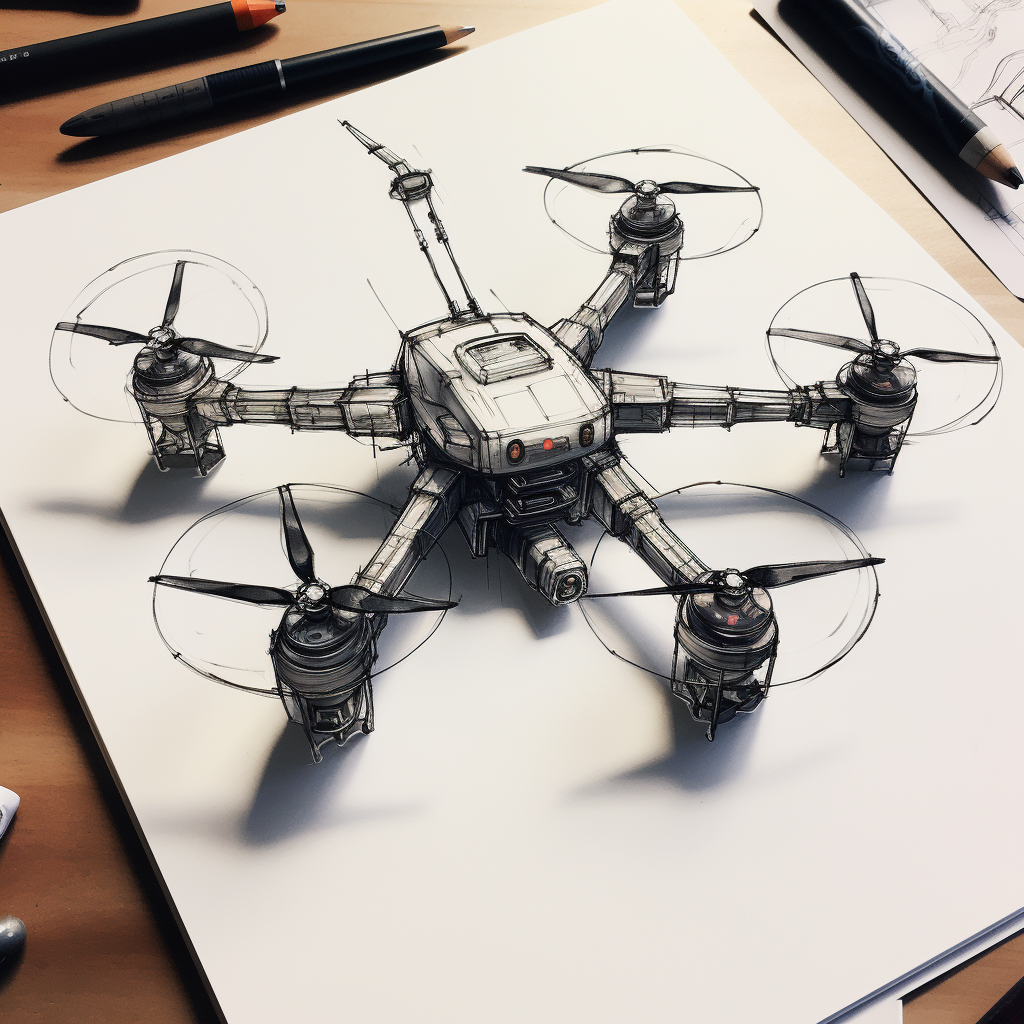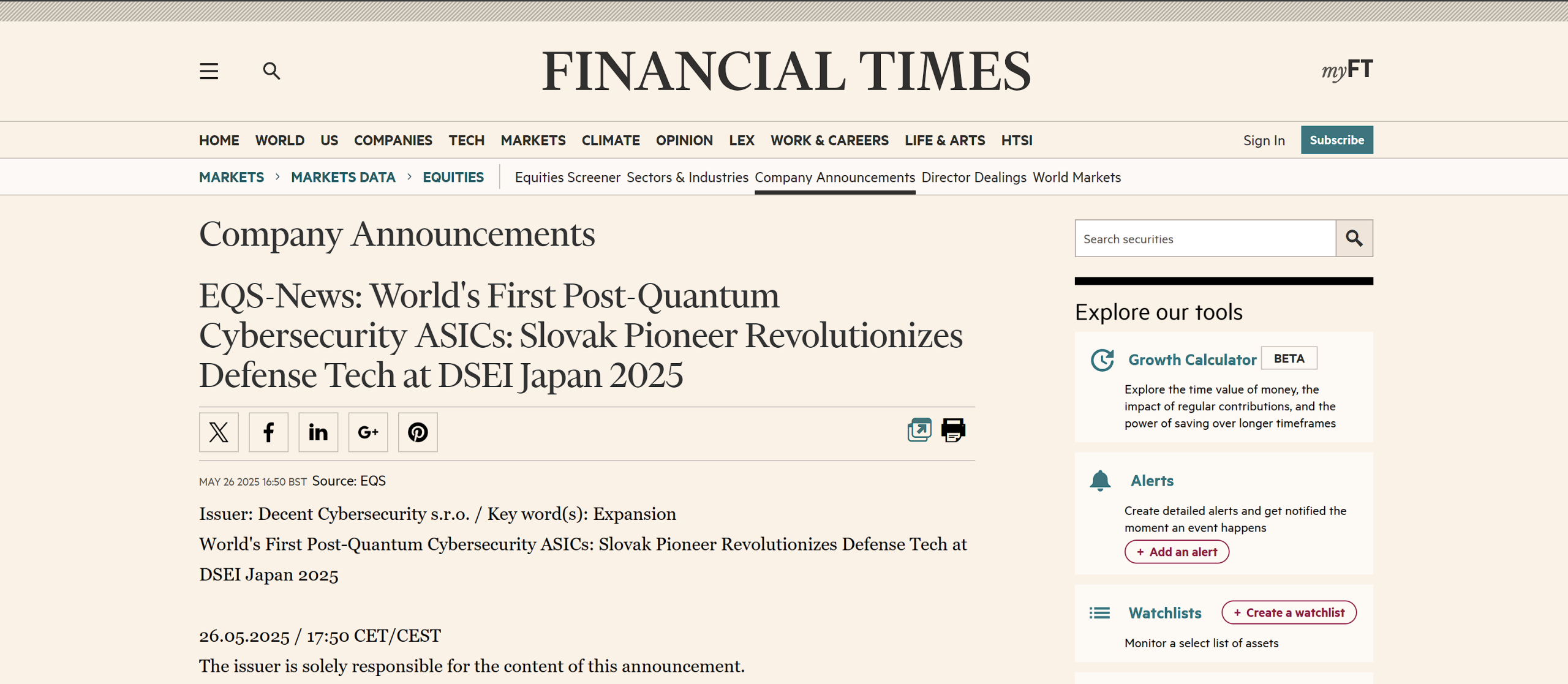Securing the Skies in the Quantum Era
In 2024, the implementation of U-space, the framework for managing unmanned aerial systems (UAS) or drones in Europe, has underscored the need for robust security measures. The emerging threat of quantum computing to encryption methods has propelled the development of quantum-resistant algorithms, ensuring the security of U-space.
The Quantum Computing Challenge to U-space Security
Quantum computing poses a unique threat to traditional cryptographic methods used in U-space for communication, navigation, and control. These technologies are at risk of being compromised by quantum computers’ ability to solve complex cryptographic problems rapidly.
Quantum-Resistant Algorithms: The New Standard
Recognizing this imminent threat, U-space authorities and stakeholders have pivoted towards integrating quantum-resistant algorithms in 2024. These algorithms are designed to be secure against both conventional and quantum computing threats, fortifying U-space against future cyberattacks.
Innovations in Quantum-Resistant Cryptography
The drive towards quantum-resistant cryptography in U-space has led to significant innovations. Techniques such as lattice-based, hash-based, and multivariate polynomial cryptography are being integrated into U-space systems, offering enhanced security over traditional encryption methods.
Implementation Challenges and Solutions
Implementing these advanced algorithms in U-space presents challenges, including system compatibility, performance concerns, and the need for industry-wide standardization. Addressing these challenges involves collaborative efforts among regulatory bodies, technology developers, and U-space operators.
Enhancing U-space Safety and Reliability
The integration of quantum-resistant algorithms is vital for maintaining the safety and reliability of U-space. This ensures secure communication channels, reliable drone operation, and protection against unauthorized access or control, crucial for the safety of airspace and ground infrastructure.
Global Collaboration for Secure U-space Frameworks
The development and implementation of quantum-resistant algorithms in U-space is not confined to Europe. It’s part of a global movement, with international collaboration playing a key role in setting standards and sharing best practices for U-space security.
Conclusion: A Quantum-Safe Future for U-space
As we navigate through 2024, advancements in quantum-resistant algorithms for U-space security mark a significant stride in aviation and airspace management. This proactive approach not only addresses current security challenges but also sets a foundation for a quantum-safe future in the rapidly evolving domain of unmanned aerial systems.







